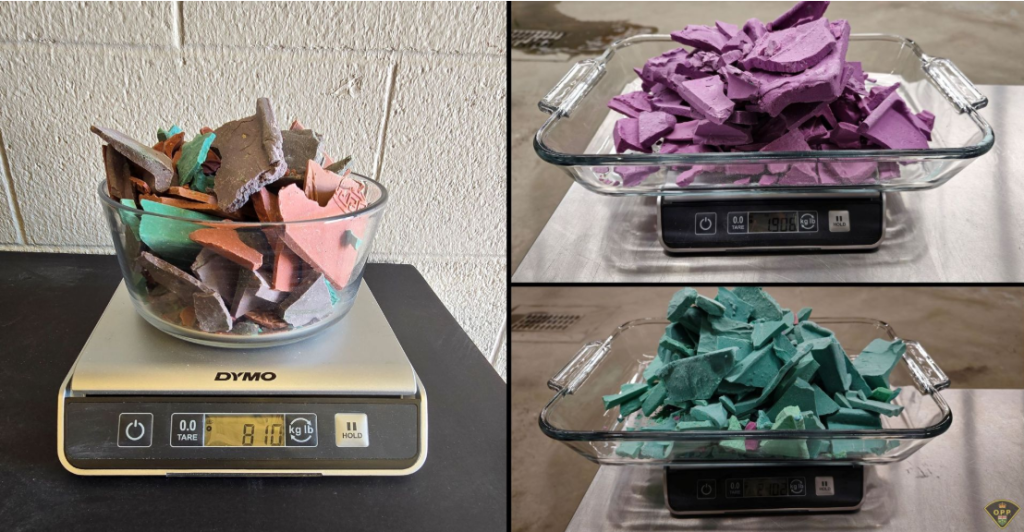July 28 is World Hepatitis Day
Posted Jul 23, 2018 05:59:38 PM.
This article is more than 5 years old.
Causing 1.34 million deaths a year, viral Hepatitis is one of the largest global health threats of our time. It causes two in every three liver cancer deaths.
Hepatitis C is a virus that targets the liver, causing the organ to fail.
According to WorldHepatitisDay.org (embed), 300 million people living with viral Hepatitis are unaware. A cure for Hepatitis C and treatment and vaccine for Hepatitis B exist.
It usually takes two blood tests to determine one's Hepatitis C status. The first test checks to see if you've ever come in contact with the virus, while the second test checks to see if you currently have the virus in your system.
The average person could live with the virus for 20 to 30 years without feeling sick. Many don't find out they have Hepatitis C until after major liver damage has occurred.
The Leeds, Grenville, and Lanark District Health Unit recommends patients to speak to their health care provider if they have had a blood transfusion before 1992.
CATIE, Canada's source for HIV and Hepatitis C information, states the most common ways to contract the virus are:
- Re-using drug equipment that was used by someone else
- Re-using piercing and tattooing tools such as needles and ink
- Re-using electrolysis or acupuncture tools
- Getting a blood transfusion or organ transplant that was not screen for Hepatitis C.
- Sharing or borrowing personal care items that may have blood on them.
- Having anal sex without a condom, especially when blood is present and when one of the partners has HIV or another sexually transmitted infection.
“Worldwide, 300 million people are living with viral hepatitis unaware. Without finding the undiagnosed and linking them to care, millions will continue to suffer, and lives will be lost,” it states on Worldhepatitisday.org, “we call on people from across the world to take action, raise awareness and join in the quest to find the missing millions.”








